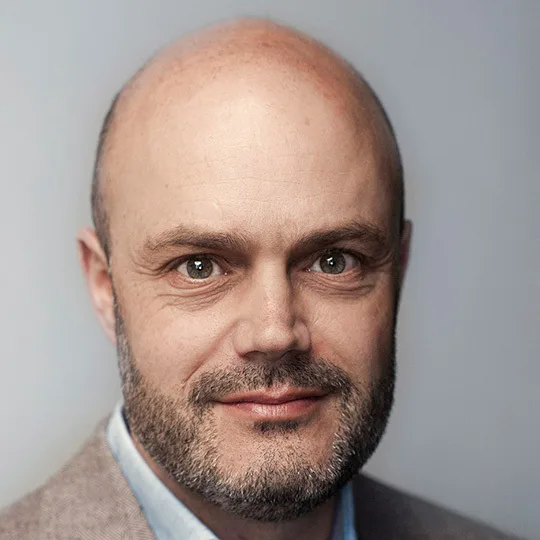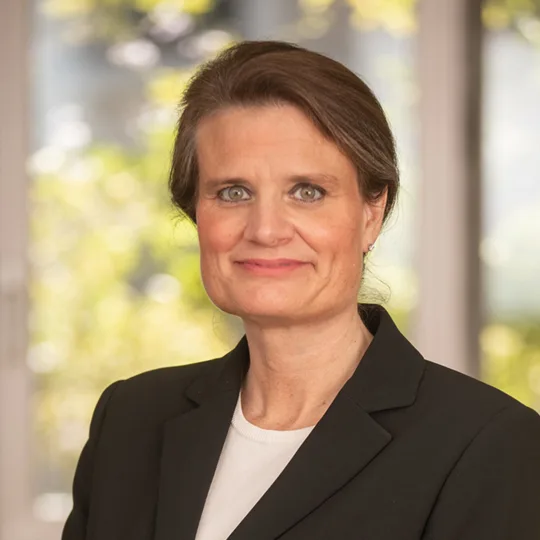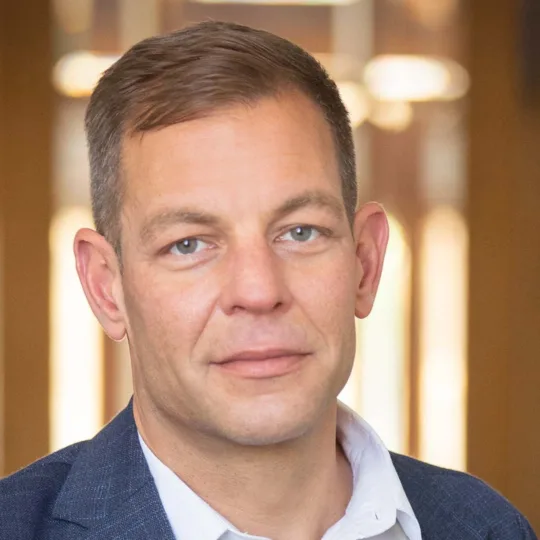Switzerland–Quebec: New opportunities to work abroad
On 14 June 2022, Switzerland and Quebec signed an agreement on the mutual recognition of professional qualifications in Bern. Frédéric Berthoud, Swiss Coordinator for the recognition of professional qualifications at SERI, interviewed two people who are already benefiting from the agreement.
One of the objectives of the Federal Council's international strategy in the area of education, research and innovation is to promote the international recognition of Swiss professional qualifications.The new agreement provides for the mutual recognition of diplomas from both countries and enables nationals on both sides to practise a regulated profession in the other country. It currently applies to five professions: social workers, dental hygienists, dental technicians, radiology specialists and midwives. Further agreements for other professions are likely to be added over time.
Some are already benefiting from the agreement, such as Mélanie Dufour, a dental hygienist in Quebec, and Loïc Schneider, a Swiss social worker who is about to leave for Montreal. At the end of 2023, they told SERI about their experiences so far. They illustrate how the agreement paves the way for people to gain experience working in another country with a similar culture, population and economic structure, where their own language is also spoken.
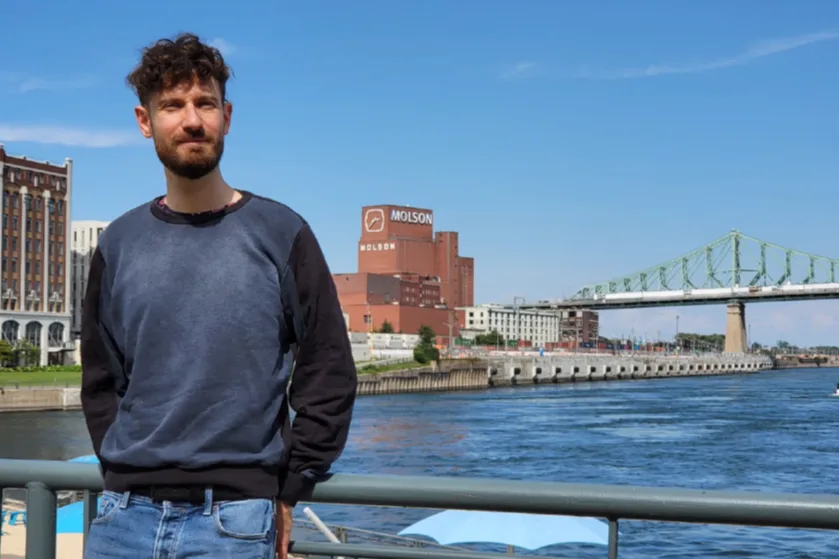
Tell us about yourself. Have you already gained professional experience in your country of origin? Why are you attracted to working abroad?
Mélanie Dufour: I moved from the region where I grew up to go and study in the greater Montreal area, and graduated there in 1999. Since then, I have always worked in Quebec, mainly in the Beauce region. As a dental hygienist, I have always managed to both work and look after my family. Now that my kids have grown up, I can enjoy my new-found freedom and set off for new shores.
Loïc Schneider: I completed my bachelor's degree in social work at the HES-SO in 2016 and will be working as a social worker with young social welfare recipients in Montreal from this year onwards. As Quebec is the ‘main reference point’ for social work, so to speak, it has always been my desire to work there. I believe this experience will be very beneficial to my career. After several years of working in Switzerland, it's time for me to move on and discover something new.
How did you find out about this new agreement, which allows you to practise your profession in both Switzerland and Quebec?
Mélanie Dufour: During my studies, the teachers sang Switzerland’s praises and its many advantages. But I was daunted by all the bureaucracy involved. When I learnt about this new agreement through my professional association, I knew that the time had come for a fresh start. So I went ahead with the idea.
Loïc Schneider: I have always received the HES-SO ALUMNI newsletter. Fortunately, I read this particular issue and came across the information about the agreement between Switzerland and Quebec. So it was more by chance that I found out about this opportunity. The next day, my decision was made.
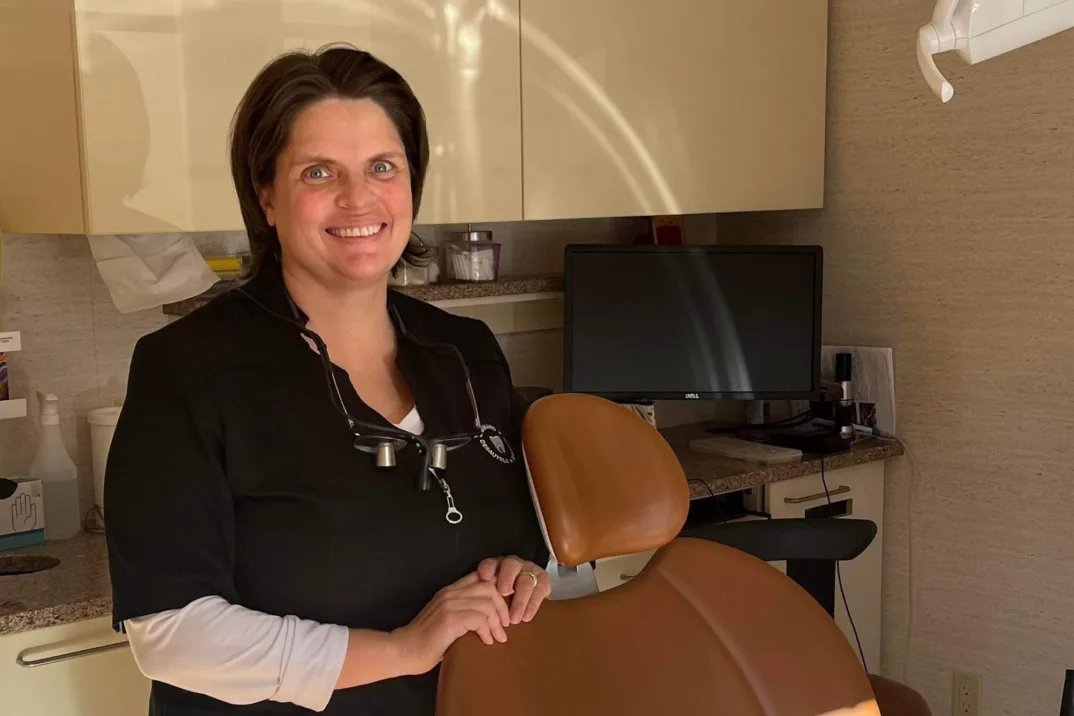
What did the recognition procedure involve?
Mélanie Dufour: It is a relatively simple process. The Swiss Red Cross website is clearly laid out and guides you through it. The most time-consuming step was getting together all the documents. Once I had submitted my file, it took around four months before I received recognition of my qualifications.
Loïc Schneider: It was smooth and uncomplicated. I had to submit several documents and complete three online courses. I have officially been a member of the Quebec Chamber of Social Workers since October 2023. Thanks to the new agreement, Swiss nationals can become members of this chamber, which is essential if you want to be recognised as a social worker there.
Having your professional qualifications recognised is one thing, finding a job is another. How far have you got in this respect? Is it difficult?
Mélanie Dufour: Thank goodness for social media! Fortunately, I was able to talk to several potential employers before deciding on a job that best suited my professional values. The employment contract has now been signed and the work permit applied for. Waiting is the hardest part for me.
Loïc Schneider: You’re right, it takes much longer! As a Swiss national, you have to register on the Quebec government's ‘Recrutement Santé Quebec’ healthcare recruitment platform and complete all the steps while still in Switzerland. This platform selects candidates according to its own criteria and sends a profile to potential employers. You must therefore be prepared for the fact that all steps are completed online and it is not possible to meet your new work team before setting off for Canada.
I started the process in May 2023 and fortunately I was selected. I was found a position which matched my wishes and profile. After a process lasting several months, I am about to sign a contract with a social centre in Montreal; once it is signed, I will have to submit an application for immigration so I can get an employment contract for my position. My employer has set a provisional start date of the end of May 2024. However, the immigration process may take longer.
What are your hopes for your future working in Switzerland or Quebec?
Mélanie Dufour: I hope to have an exciting adventure and that I can expand my knowledge and, above all, pass on what I know thanks to the cultural mix. As a dental hygienist, my main goal is to help people take responsibility for their dental health.
Loïc Schneider: I hope that I don't lose my Jura accent! Joking aside: I'm hoping for an enriching experience – socially, culturally and, of course, professionally.
Contact
Author
